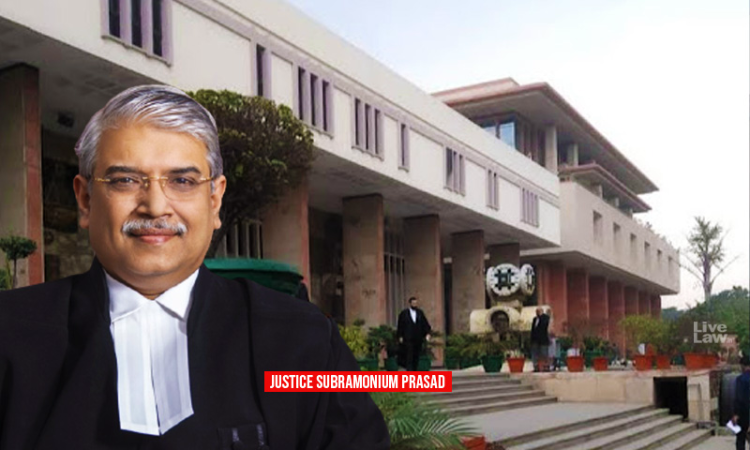Bail Once Granted Must Only Be Retracted In Face Of Grave & Exacerbating Circumstances: Delhi High Court
Nupur Thapliyal
4 Jan 2022 7:34 PM IST

It must be shown that accused on bail is threatening victim, tampering with evidence or influencing witnesses.
Next Story


